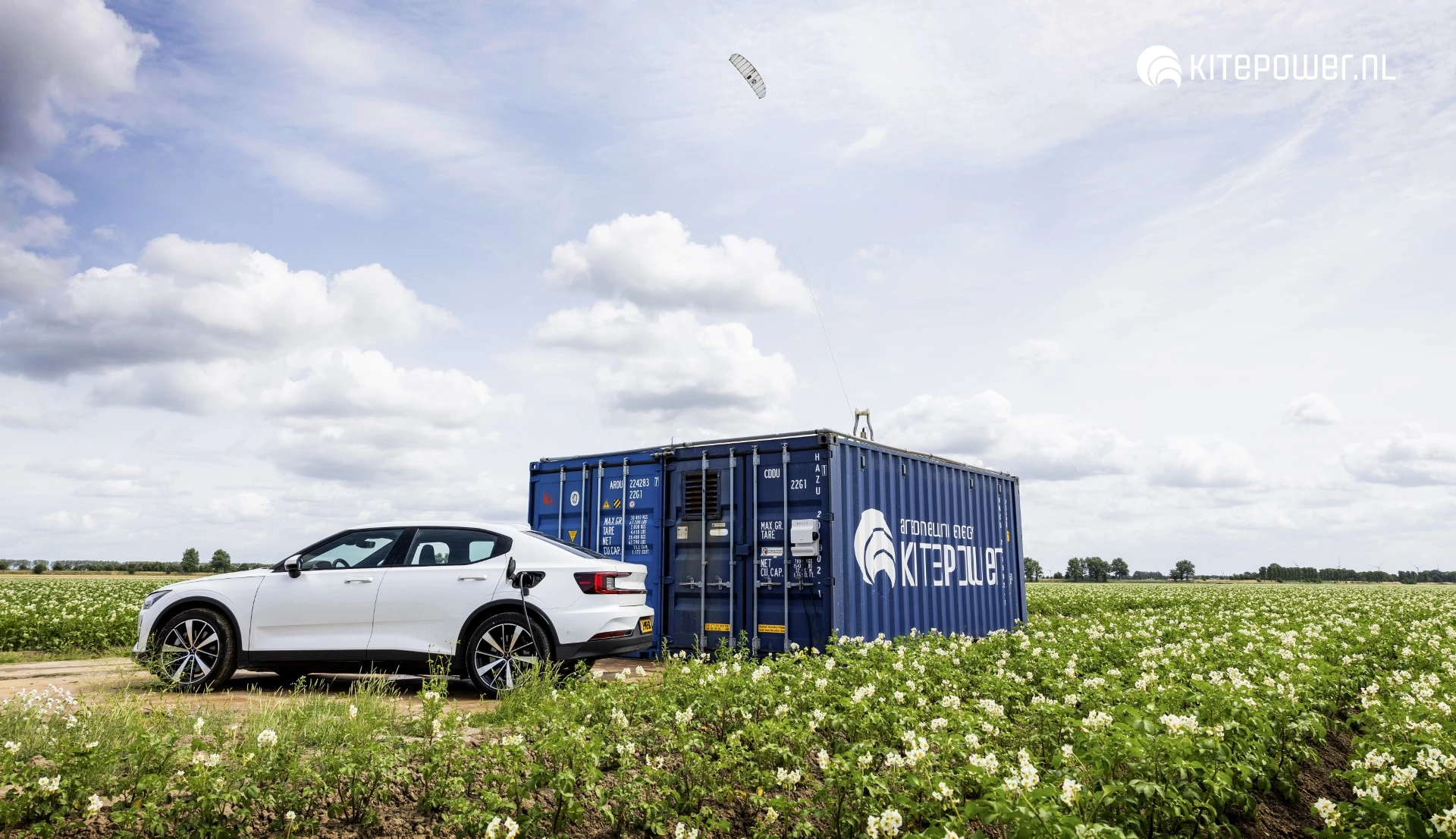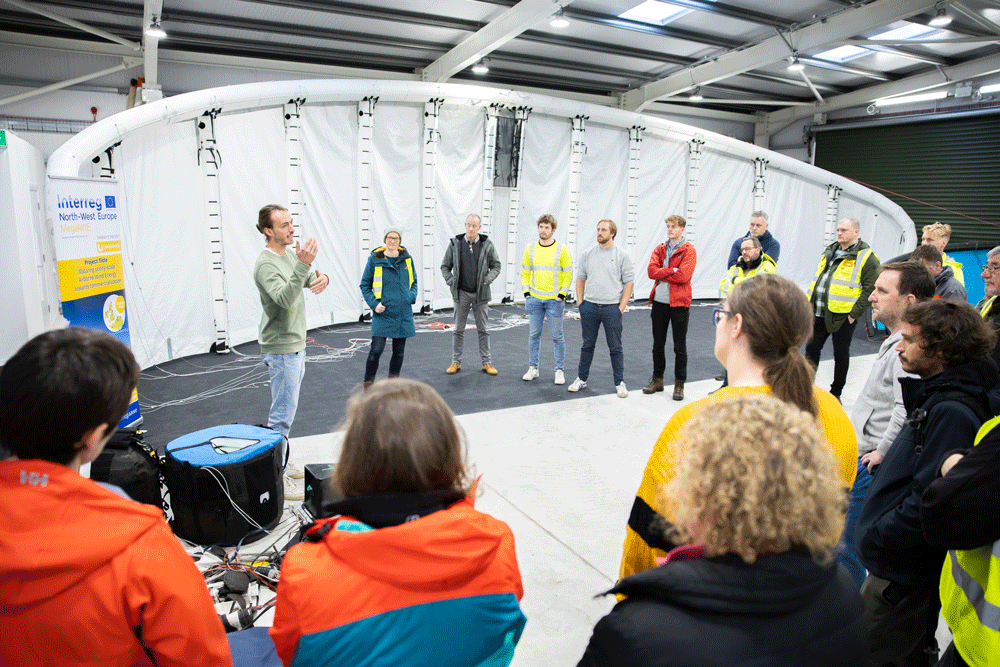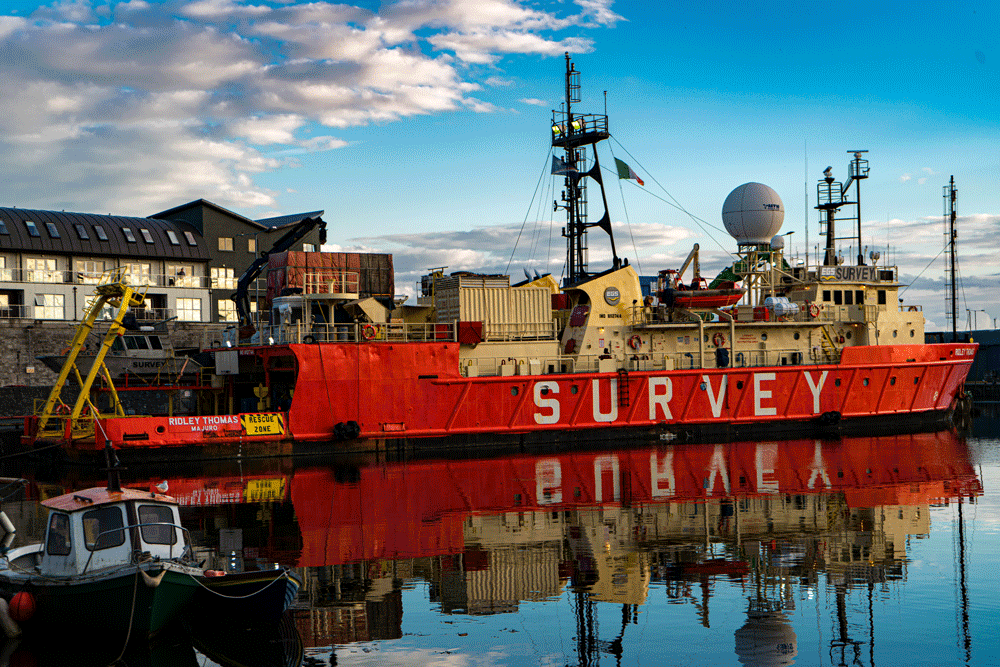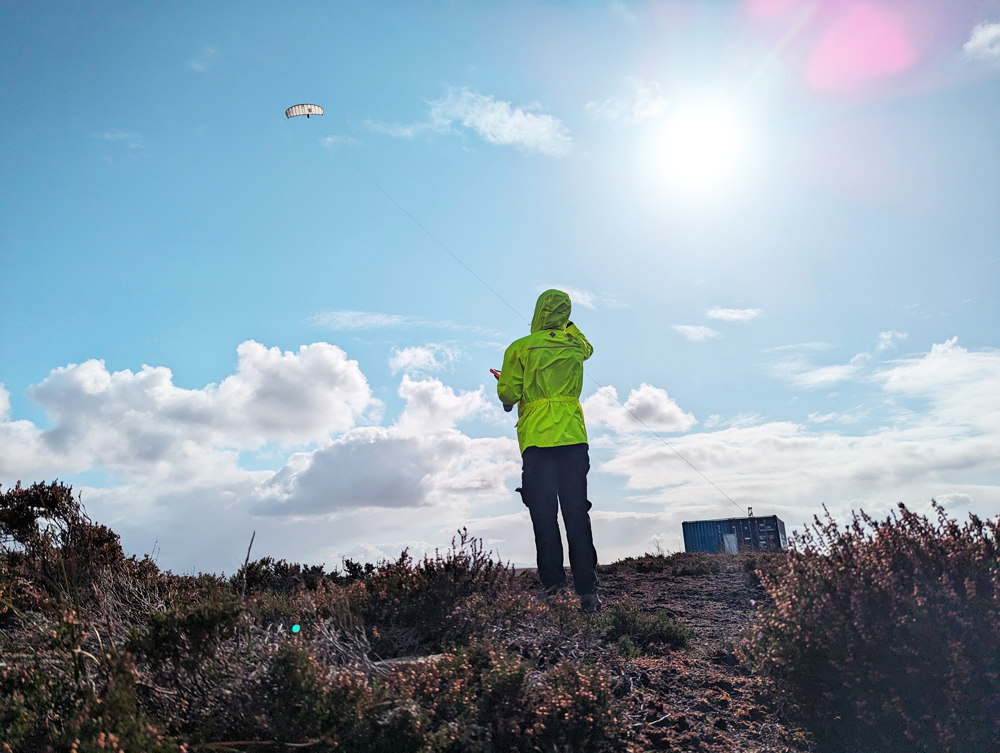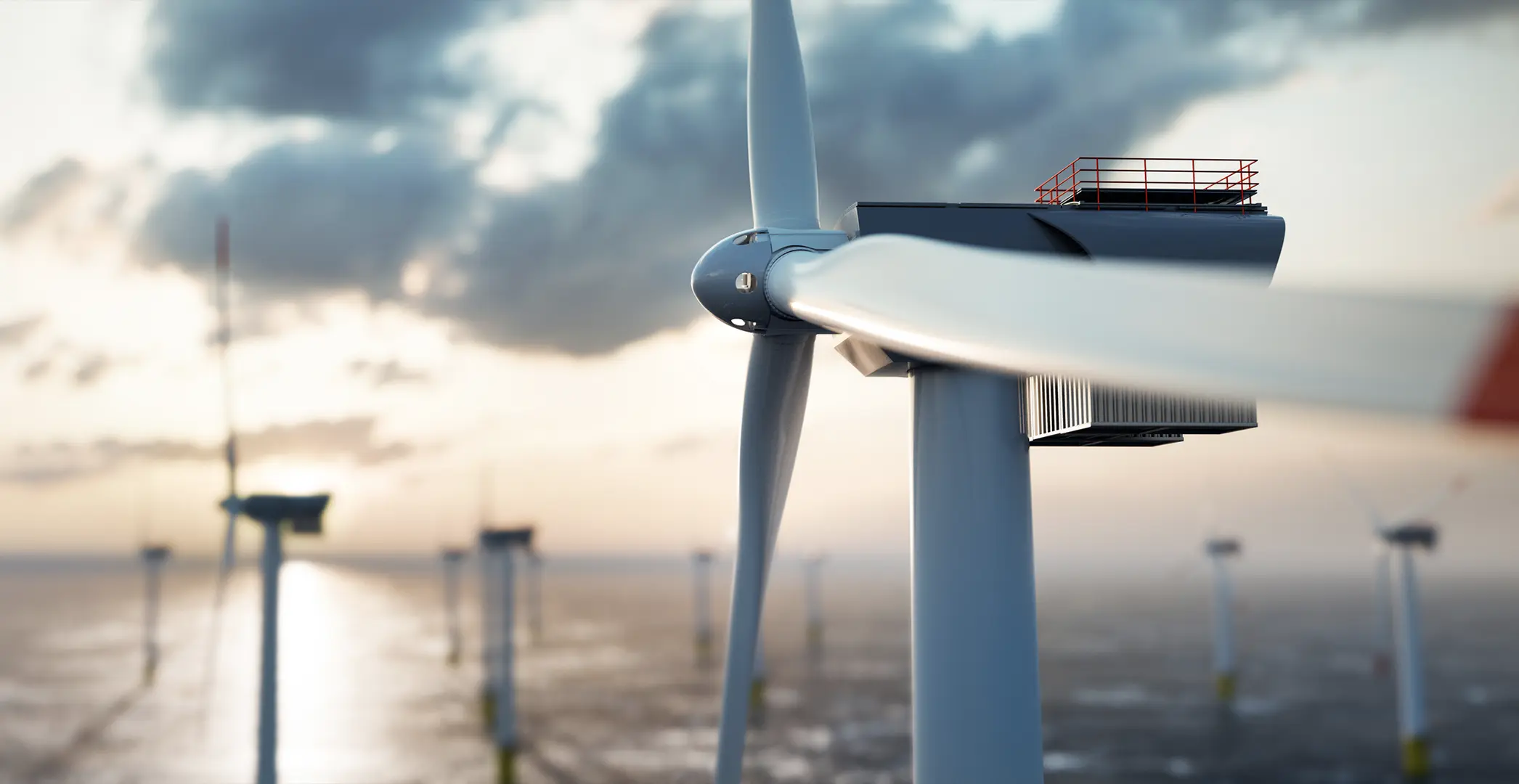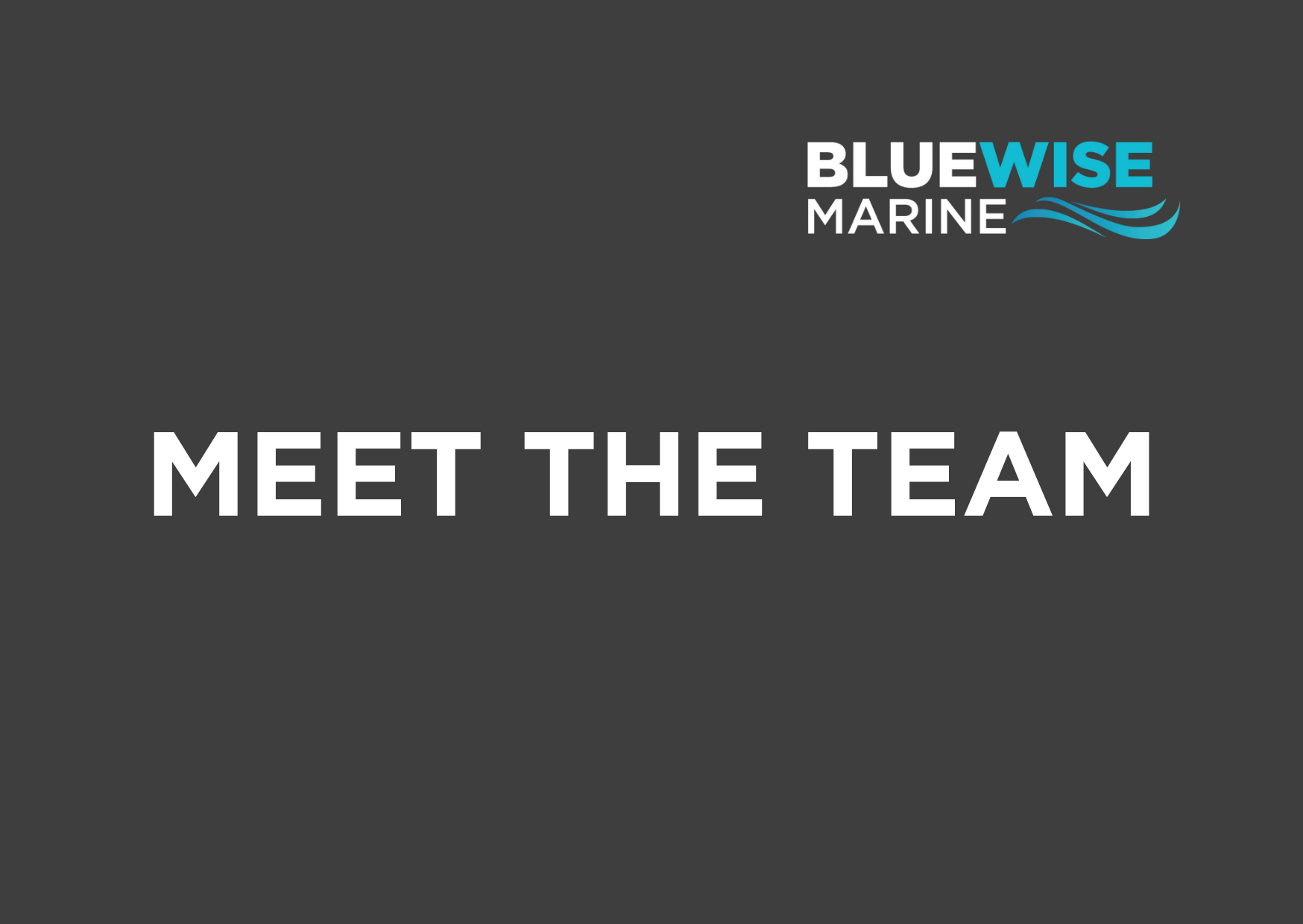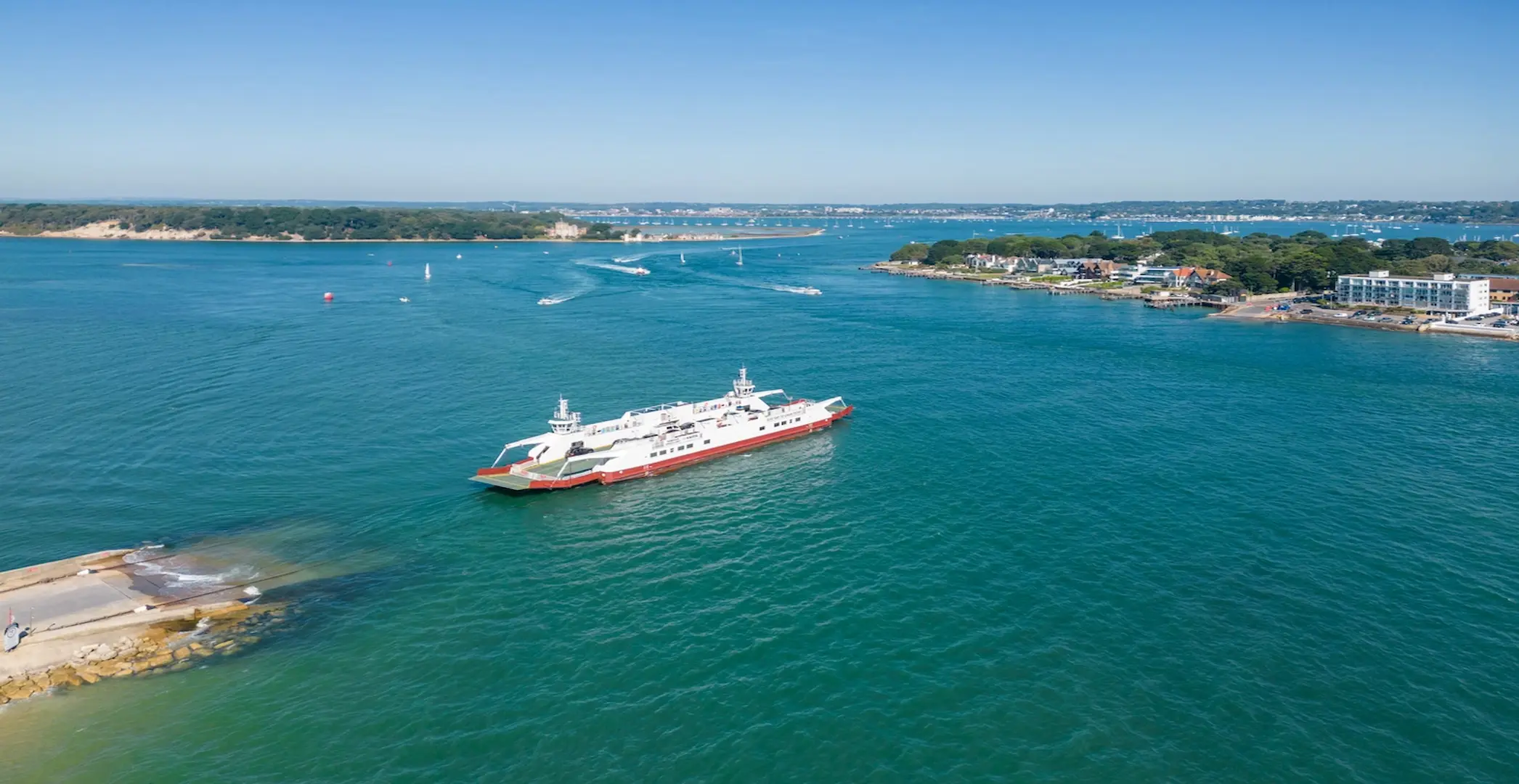Working together: A stakeholder-centered approach to Marine Spatial Planning
Stakeholder engagement is an integral step in the marine spatial planning process, and in many ways, it often shapes the outcome.
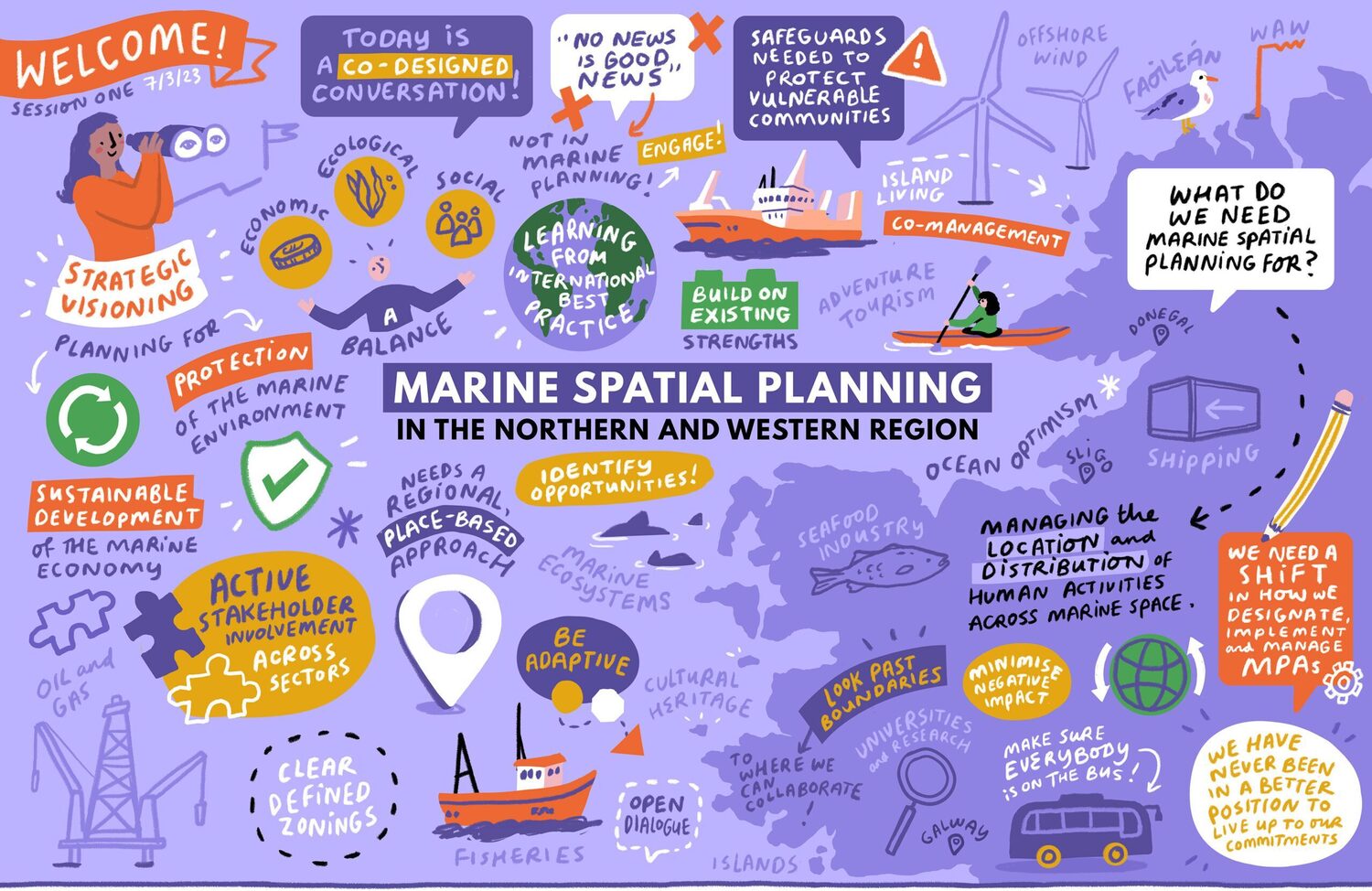
Fortunate with strong winds and powerful seas, the island of Ireland is well placed to become a leading player in offshore renewables and has the drive to make it a reality.
However, new infrastructure will not be built on virgin territory. The offshore wind sector and other renewables need to be integrated with the existing uses of the sea, such as fishing, the life of coastal communities, maritime transportation, cultural heritage and tourism, nature protection and more. Marine Spatial Planning (MSP), partnerships and meaningful stakeholder engagement will be crucial to the success of this transition.
The Irish marine legislative landscape is developing rapidly. In the upcoming year, the government is planning to carry out environmental assessments and secure maritime area consents to set up Offshore Renewable Energy (ORE) Designated Areas, which will complement the forthcoming network of Marine Protected Areas. With targets to protect at least 30% of Irish waters and install 5GW of offshore wind by 2030, Irish maritime space is going to get crowded, and the fishing industry is perhaps feeling the spatial squeeze the most.
That is where Marine Spatial Planning comes into play.
MSP is a public-sector-led process of analysing and allocating the spatial and temporal distribution of human activities in marine areas to achieve ecological, economic, and social objectives. Ultimately, it is about striking a balance between various uses of marine space. Naturally, MSP implies cross-sector multi-disciplinary work. So, early, consistent, and meaningful stakeholder engagement is key to success.
“No news is not good news, when it comes to marine spatial planning and stakeholder engagement,” said Rebecca Kavanagh, Stakeholder Engagement and Environmental Planning Coordinator at BlueWise Marine, during the Northern and Western Regional Assembly (NWRA), Marine Spatial Planning Workshop, held on March 7, 2023. She spoke about the value of quality stakeholder engagement, best practices, and how it can help to remove the barriers to building a sustainable coastal and maritime economy.
Ireland’s Regional Assemblies will play a coordinating role in the design of locally tailored marine plans. Launched in 2021, NMPF is due for review and update every six years, but the work on regional and local planning may begin before that.
To introduce the concept of MSP and discuss different ways of doing it, to hear various perspectives and to prepare for the forthcoming local MSP design and development, the NWRA gathered representatives from Irish Islands Marine Resources Organisation (IIMRO), Fair Seas, Irish Whale and Dolphin Group (IWDG), Mayo County Council, as well as the Marine Institute and the Department of Housing, Local Government and Heritage. The online workshop was facilitated by Dr. Cormac Walsh, an international expert on marine spatial planning.
Stakeholder engagement is an integral step in the marine spatial planning process, and in many ways, it often shapes the outcome.
People have diverse ways of knowing the sea, so providing stakeholders with an opportunity to express their needs and contribute with their perspectives, not only generates higher quality results, but also establishes the grounds for collaboration. In turn, this may yield collaborative solutions for co-management.
For example, fishers could help with servicing of the offshore wind infrastructure and support ecological monitoring. Recently, BlueWise Marine collaborated with local fishers and wind energy developers on coordinating a V-Notching program for stock enhancement of a lobster fishery near the proposed Oriel Windfarm. Another example of fishermen-developer collaboration comes from Killybegs, where a local fishing organisation formed a joint venture with a shipping company and a wind developer to build a floating offshore windfarm off the Donegal’s coast.
At BlueWise Marine, we are no strangers to helping our clients to design and execute their stakeholder engagement efforts. Our multilingual team blends science communications know-how and best practices, tailoring to our client promotion and engagement needs. Here are some of the key considerations we always include in our approach to stakeholder engagement:
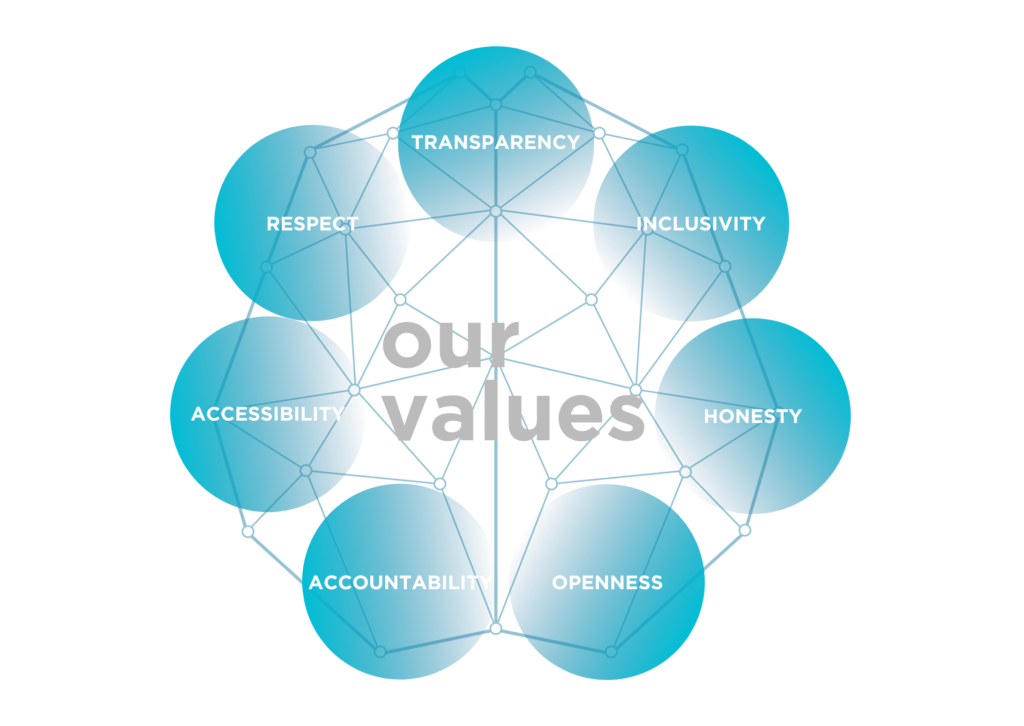
- Timing – Engage early on and be consistent.
- Accessibility – Language matters, is bilingual communication needed? Is the communication easy to understand for the general public or is it too technical? Can all users have equal access, including persons with disability?
- Transparency – Communicate clearly, be open and honest. Even when it might not be what stakeholders want to hear.
- Targeted communications – Learn about your target audiences and tap into their specific needs, wishes, fears and/or desires. Reflect an accurate understanding and appreciation of local interests and concerns.
- People engage with people – Prioritize in-person communication activities where possible and build connections through relatable customised messaging and personal stories.
- Trust – is the number one currency. If you lose the trust of the community, you will need to fight hard to win back their hearts and minds.
- Listen and learn – Engagement is two-way communication. Provide local stakeholders with opportunities to have their say and harness local knowledge.
Ireland’s Exclusive Economic Zone (EEZ) can provide us with renewable energy, food, blue innovation opportunities, and cultural identity, but we need to work together to make it come true.
Looking for support with your stakeholder engagement efforts? Find out more about our services and get in touch.


